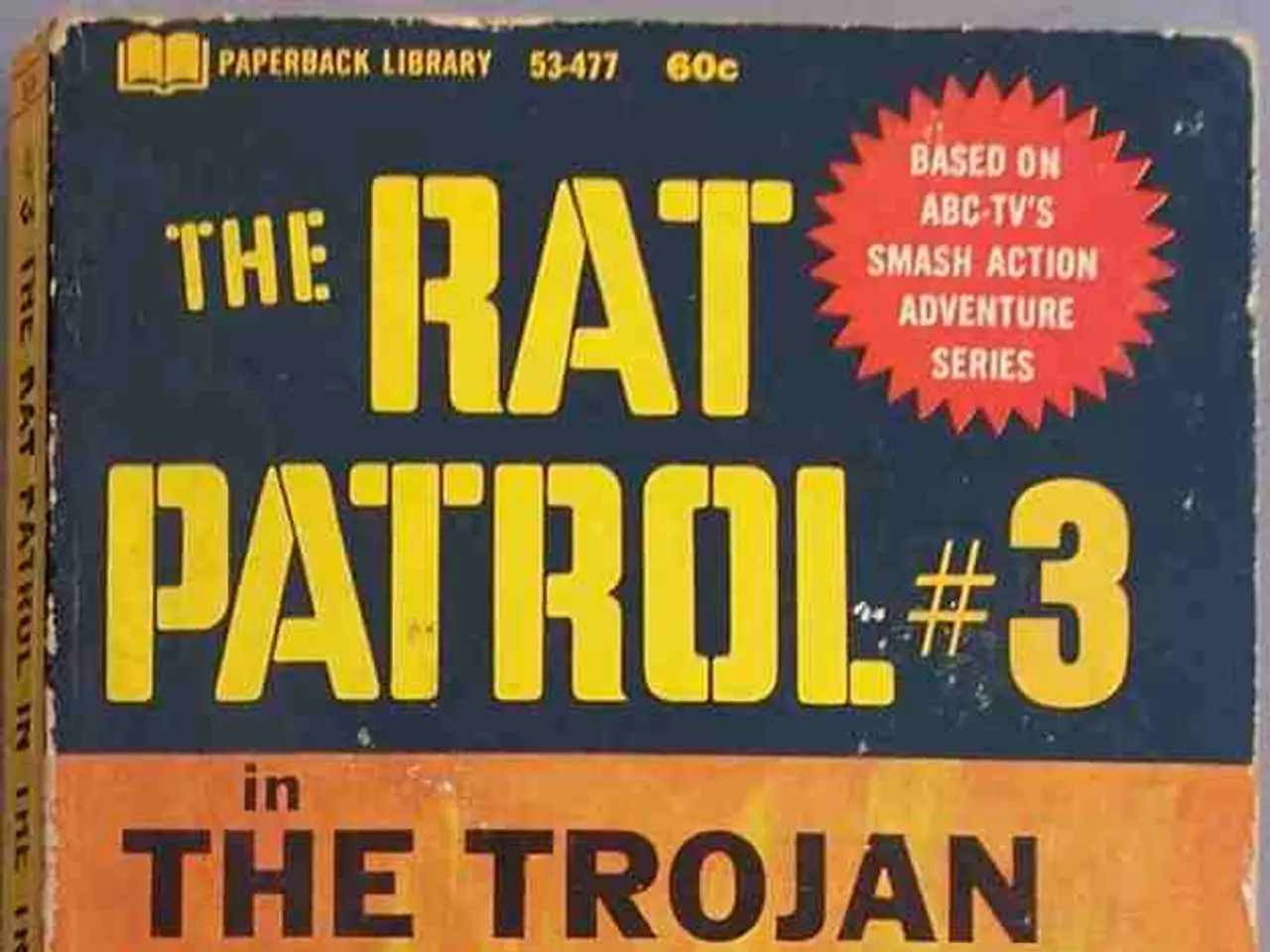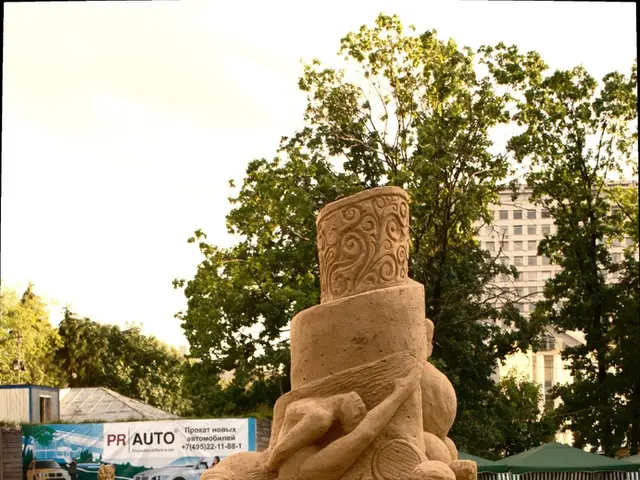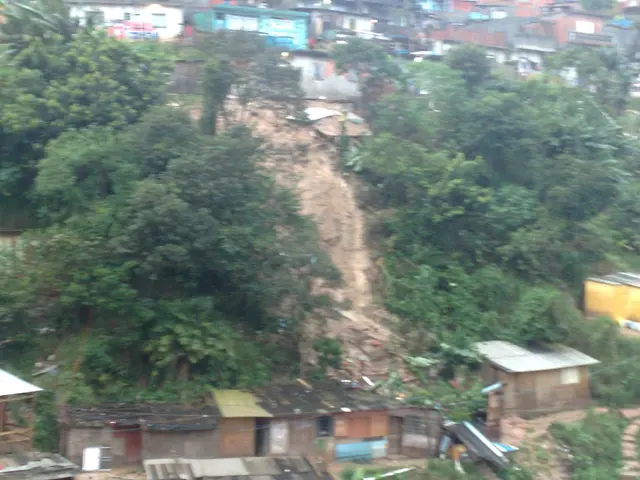Western powers face diplomatic onslaught from Israel, as the nation braces for potential recognition of Palestinian statehood
In the ongoing international dispute between Israel and its Western allies, the recognition of a Palestinian state has become a contentious issue. This debate is fueled by escalating tensions from the Gaza conflict and Israeli actions in the West Bank.
Currently, 147 UN member states recognise Palestine as a sovereign state, yet major Western allies of Israel, such as the United States, Germany, Italy, Japan, and historically Canada and the UK, have either withheld or conditioned recognition [1][3].
Recently, some Western countries, including France, the UK, Canada, and Australia, have announced their intentions to recognise Palestine. These countries have imposed conditions such as demilitarisation, exclusion of Hamas, and commitments to elections from the Palestinian Authority [1][3]. For instance, Canada and the UK plan to recognise Palestine in September 2025, but they require steps like Hamas exclusion and the cessation of West Bank annexation before moving forward [1][3].
Israel strongly opposes the recognition of a Palestinian state outside of a negotiated peace agreement and rejects the two-state solution as it stands, with public support for such recognition being very low in Israel [3]. Israel's recent actions, including the Knesset's declaration to impose sovereignty over parts of the West Bank, have been internationally condemned as violations of international law, exacerbating the dispute [5].
Western countries pushing for recognition view it as a necessary diplomatic move to preserve the possibility of a two-state solution, which they consider increasingly imperiled due to ongoing conflict, settlement expansion, and Gaza war impacts. However, analysts note that recognition without Israeli and U.S. cooperation is unlikely to affect the situation on the ground and urge these countries to back recognition with concrete pressures such as arms export suspensions and trade actions [2][4].
The current dispute sees Israel and its allies divided on whether and how to recognise Palestine as a state in response to Israel’s policies and the Gaza conflict, with Israel rejecting unilateral moves without negotiated peace [1][2][3][4][5]. This division among Western allies is a sign of the growing gulf between Israel and its allies, who have become increasingly critical of Israel's actions.
The tensions have escalated between Israel and Australia, with Israel revoking the residence visas of Australian representatives in the Palestinian Authority and instructing its embassy in Canberra to scrutinise every official Australian request for a visa to Israel [6]. Prime Minister Benjamin Netanyahu has launched a series of diplomatic attacks against France and Australia, accusing their leaders of fueling antisemitism and rewarding Hamas terror [4][7]. In response, French officials have issued sharp rebukes, affirming their commitment to protecting the rights of their Jewish citizens [8].
Despite the heated exchanges, Australian Prime Minister Anthony Albanese has maintained a diplomatic approach, stating that he does not take personal attacks from Netanyahu to heart [9]. Similarly, Danish Prime Minister Mette Frederiksen has called Netanyahu a "problem in himself" [10]. New Zealand Prime Minister Christopher Luxon has also weighed in, stating that Netanyahu has "lost the plot" [11].
As the deadline for recognising Palestine approaches, the international community awaits the actions of these Western allies and Israel, hoping for a peaceful resolution to the conflict.
Read also:
- United States tariffs pose a threat to India, necessitating the recruitment of adept negotiators or strategists, similar to those who had influenced Trump's decisions.
- Weekly happenings in the German Federal Parliament (Bundestag)
- Southwest region's most popular posts, accompanied by an inquiry:
- Discussion between Putin and Trump in Alaska could potentially overshadow Ukraine's concerns








